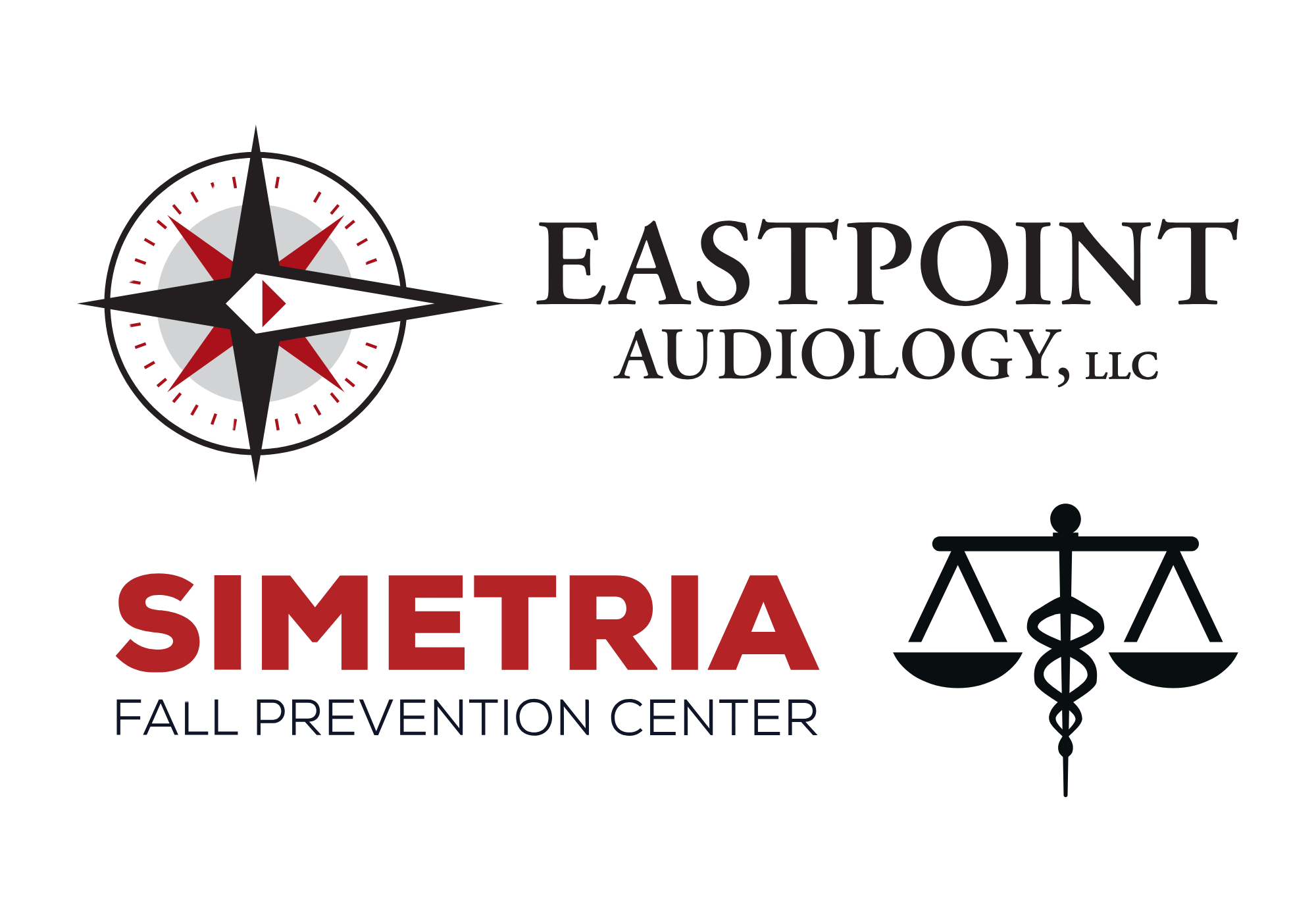When hearing aids aren’t sufficient, cochlear implants can open a new world of sound and connection. These little, surgically implanted devices are designed for people with moderate to extreme hearing loss who still struggle to understand speech, even with hearing aids. Who can potentially gain from a cochlear implant, and what criteria determine whether somebody is a suitable recipient for this technology? Let’s examine it more carefully!
What is a cochlear implant?
Cochlear implants function by exciting the auditory nerve directly, averting the damaged sections of the inner ear, in contrast to hearing aids that only amplify sound. This allows the brain to process and understand auditory information with better clarity.
Components of cochlear implants:
- A sound processor mounted outside the ear, and positioned behind it
- An internal receiver and electrode array, inserted beneath the skin and inside the cochlea during a surgical procedure
Collectively, they help restore access to sound for individuals who get little or no help from traditional hearing aids.
General candidacy standards
Both kids and adults are approved by the FDA to utilize cochlear implants. Ideal candidates generally meet the following requirements:
- Moderate to severe hearing loss in both ears
- Hearing aids are giving modest help, particularly in increasing speech comprehension
- Incentive and reasonable expectations about the results of implantation
- Commitment to follow-up care, including programming (called “mapping”) and auditory
recovery - Children as young as 9 months old, with extensive hearing loss in both ears
- Youngsters aged 2 and above with substantial to severe hearing loss, who do not experience major improvement with conventional hearing aids
- Kids with progressive hearing loss, where hearing continues to diminish over time
- Experience significant impairment in one or both ears
- Struggle to make out words and conversations, in spite of using advanced hearing aids
- Possess a deep desire to express yourself and stay linked to others
- Are willing to engage in ongoing hearing therapy and device programming
- A comprehensive hearing examination using and not using hearing aids
- Testing for speech recognition
- Trying out a hearing aid, if you haven’t already
- Using medical imaging like CT scans or MRIs to analyze the structure of the inner ear
- Consultation with an ENT specialist or cochlear implant surgeon
- Exploring goals, anticipated results, and information exchange needs
Cochlear implants for kids
Early implantation is key for kids, particularly when it comes to speech and language progression. The FDA presently approves cochlear implants for:
Early intervention helps ensure the best possible outcomes for language acquisition, scholastic success, and social development. If parents suspect hearing loss, they are advised to take quick action.
Adult cochlear implants
Cochlear implants can help adults of all ages who:
Some people lose hearing gradually over time, while others may lose it abruptly due to illness, trauma, or genetic conditions. In both scenarios, cochlear implants have the potential to substantially improve one’s life.
The assessment process
Eligibility for a cochlear implant is assessed through a thorough examination by a multidisciplinary team of hearing specialists. Typically, this evaluation involves:
The team will work together to assess whether a cochlear implant is the best option, and if so, assist you through the next steps.
Bringing back sound to improve life connections
Cochlear implants aren’t for everybody, but for the suitable candidate, they can significantly improve communication, independence, and quality of life. The preliminary step, whether it is for yourself or your child, involves going through a personalized assessment with a skilled team of hearing care professionals.
If hearing aids aren’t helping as much as they used to, it might be time to explore cochlear implants.
Contact us to schedule a consultation and find out if you or your child is a candidate!
Sources:.
– https://www.healthline.com/health/cochlear-implant.
– https://www.med.unc.edu/ent/adultcochlearimplant/cochlear-implants/cochlear-implant-.
evaluation-process/.
– https://www.cochlear.com/us/en/professionals/products-and-.
candidacy/candidacy/cochlear-implant.
– https://www.childrensent.com/blog/who-qualifies-for-pediatric-cochlear-implants-a-.
comprehensive-guide/.

